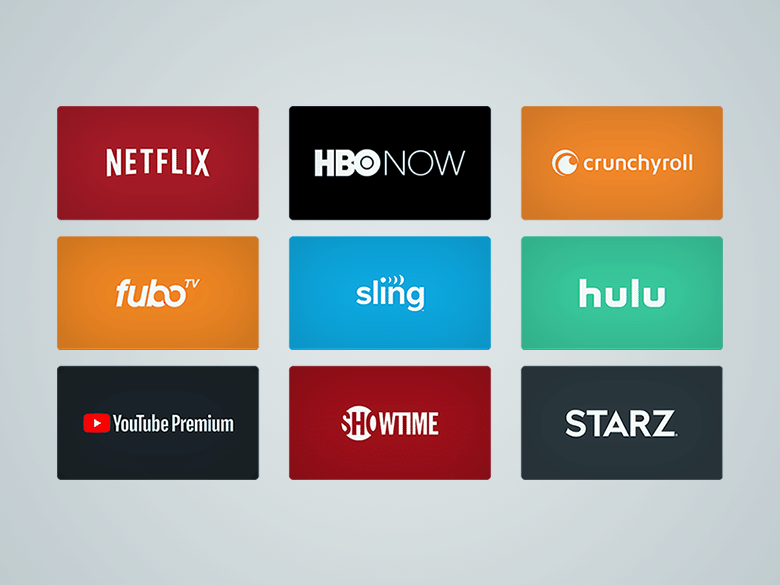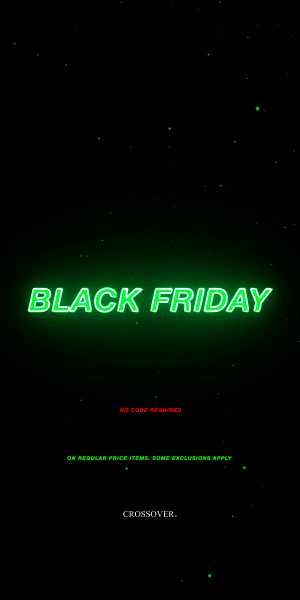Are Streaming Prices Exceeding Cable Prices?
Written by Aqil Nasri
How people consume entertainment nowadays has changed tremendously in the past 20 years. Watching shows and films on televisions and cinemas has been the cultural norm for the longest time ever since the advent of video, but there’s no way to rewatch the program if you missed it on the first viewing, and even if you could reschedule for its next air date, it may not even be the same episode.
Now, people don’t even have to think about those kinds of things anymore when Netflix arrived. The true one stop shop for whatever the fuck your heart desires. It was a haven of content, to be able to play your favourite shows how you want, and when you want. Until everyone decided to get on board the trend.

Now with Hulu, YouTube Premium, Disney+, and HBO Go, the audience are faced with multiple choices shod with content of their own that’s not centralised, which means if you want to watch Rick and Morty then switch to The Mandalorian, you’re gonna have to purchase both Netflix and Disney+. As streaming services show cable-like qualities in the coming times, we just have to discover, whether subscribing to multiple services is still cheaper than outright just buying the whole package of Astro.

Examples of streaming services
When mentioning the types of paid streaming services, Netflix will always pop up in the minds of everyone. Being one of the earliest pioneers for streaming, they started out by being the world’s first online DVD rental store back in 1998, with them venturing into streaming later on over the years. Price-wise, the basic subscription of Netflix costs around RM33/month, with the standard subscription and premium subscription costing RM42/month and RM51/month respectively. Now, this is already extremely affordable as the monthly bill is cheap when compared to Astro (averaging around RM 200+). However, most people would probably not settle with just one, as Netflix does not have more major content like Astro does, such as live sports.
Hence, people tend to subscribe to more streaming services. If they want to watch sports or wrestling, they would probably need to subscribe to ESPN+ (RM21/month) or WWE Network (RM41/month). If they want more tv shows and movie contents, they can go for Hulu (RM25/month), iflix (RM10/month), or even Amazon Prime Video (RM38/month). Each of these services will cause users to cough up more of their money if they intend on purchasing them.

What’s unique about each of the different streaming platforms are the many exclusive movies and tv shows that each has. For example, Netflix has Stranger Things, Hulu has Castle Rock, and Amazon Prime Video has Tom Clancy’s Jack Ryan. If people want to view each of these different shows, they would have to separately subscribe to each streaming service. If you total up the price for the entirety of the discussed streaming platforms, you would need to spend at least RM168/month. Now that’s a pretty high price point that you need to pay.
But, when you compare it to Astro, the most basic of packages is the Starter Pack, and it requires users to only pay about RM61/ month. That amount is inclusive also of either the Astro Family Pack (Astro Ria, Astro Prima, Astro Vaanavil, etc.) that comes free with the Astro subscription. If users want to choose a different starting pack, they can do that as well as there are three main bundles in total, which consists of the Starter Pack, Movies Bundle (RM71.95) and the Sports Bundle (RM90.95). Both the Movies and the Sports bundle allows users to choose a single Family Pack and a single Mini Pack (Discovery Channel, Nat Geo, Nickelodeon, etc.) If users want the best of the best while still maintaining a lower cost than the totality of the streaming services, getting both the Movies and Sports bundle will only net you a price of RM163/month.

In comparison, the price point for most major streaming services is almost equal or slightly higher than the price of an average Astro subscription, which depending on what you’d want to watch, doesn’t really matter. But streaming will still be the de facto choice as there is much more to watch, much more relevant content to see compared to the same, stale programs of Astro. Inevitably, streaming is the future, and cable companies had better keep up if they want to remain competitive.

